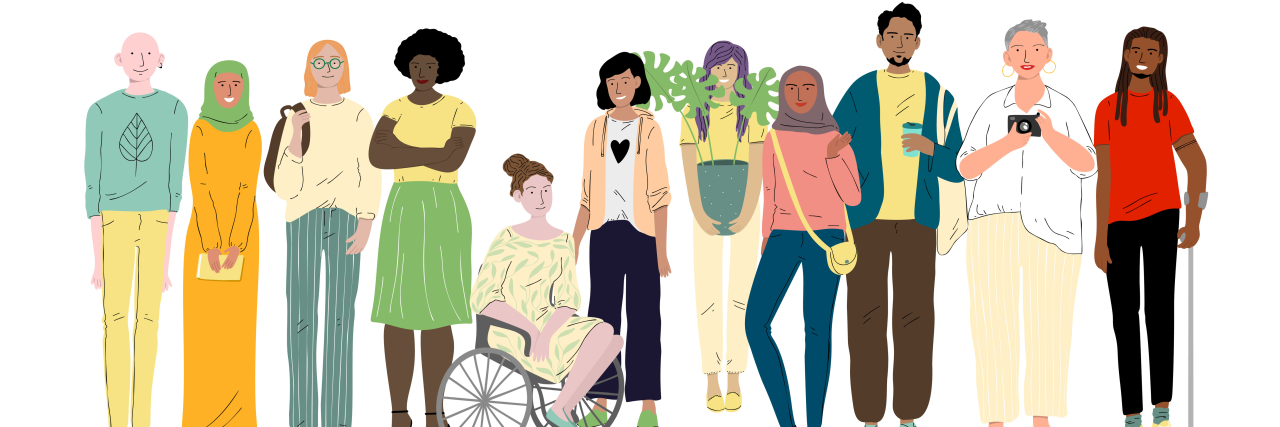December 3, 2020 was International Day of Persons with Disabilities; I was aware of the significance of the date, but I couldn’t bring myself to acknowledge it.
It has been a long nine months and more than anything, I’m tired. In the midst of perpetual lockdowns, I had two orthopedic surgeries. I’ve gone from inpatient stays to outpatient physiotherapy from plaster cast to protective boot, from wheelchair to walker and back again. All the while turning on the news to learn that COVID-19 cases were climbing, with the healthcare system stretched too thin. Even now, experts talk of the detrimental effect on the economy, debating the allocation of resources and the sacrifices that must be made to get back to “normal.”
Thanks to the coronavirus, I’ve had a lot of time to put things in perspective. I’ve reflected on my interactions with family and friends, but more importantly, with strangers. During recovery and rehabilitation, ordinary movements require monumental effort, so you start doing things a little differently, or you stop doing them altogether. Until I retreated into my bubble, it didn’t occur to me just how much mental energy was devoted to justifying myself to the outside world; the space I occupied, the reasonable accommodations I needed, the mobility aids I used, my employment status, my productivity levels, my living situation, my medical history.
A lifetime ago, pre-COVID, I lived away from home, using public transport weekly, meeting new people every day. When you wobble through the world, people can’t help but ask questions. I learned to pre-empt this curiosity with information, in the hopes that I would be not discriminated against, harassed or made the subject of open hostility.
At school, disability rights consisted of the wheelchair symbol. As somebody with reduced mobility, I appreciate ramps and elevators more than most, but even as a teenager I knew we had to do better. At college, as a budding philosopher, I learned about positive and negative rights; freedom to do X was just as important as freedom from Y. At graduate level, I studied the UN Convention on the Rights of Persons With Disabilities (UNCRPD) and went back and forth on whether it was in fact a disability rights convention or a human rights convention. The truth is, they are one and the same. Dignity is not something to be earned by virtue of being inspirational. We exist, therefore we are entitled to dignity, not in spite of our differences, but because of our shared humanity.
Growing up, I did not know this and like many disabled young people, I struggled with imposter syndrome. People who hardly knew me would tell me how lucky I was; an irrational part of me believed at any moment that luck would run out and I’d be left with nothing.
We need to live in a world where we can be ourselves, no explanations required. People with disabilities need to know we are worthy of love and respect. That we deserve every opportunity given to our able-bodied and neurotypical peers; education, employment, housing, family and leisure to name but a few.
Everyone is weary — of masks, socializing and hand sanitization. Disabled people too have had enough; enough of pitying glances and impossible standards. As we emerge from a global pandemic, seeking to make the world a better place, remember disability rights. Fight for them and for those of us who can’t afford to take them for granted.
Getty image by Undrey.

